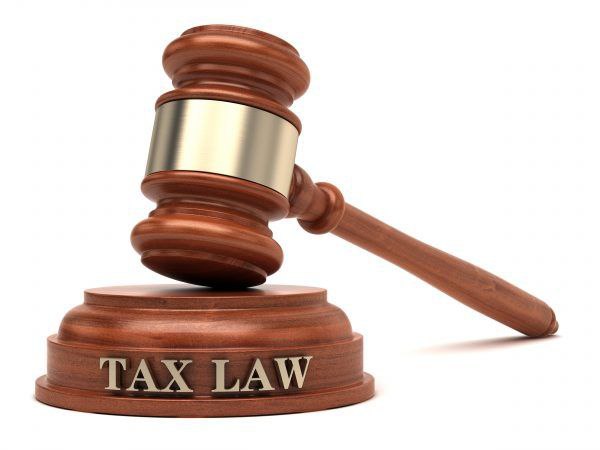
Tax law in the shadow of the higher judiciary
India's law of taxation is built on two central precepts— first, on the idea in Article 265 of the Constitution, second on a principle of sureness.
Tax law in the shadow of the higher judiciary
India's law of taxation is built on two central precepts— first, on the idea in Article 265 of the Constitution, second on a principle of sureness.
While the former captures the idea that a tax may be imposed only with the authority of law, the latter precept states that any levy must to be clear, consistent, and predictable. Both of these emerge out of a larger commitment to the rule of law. Upholding these principles requires legislative as well as judicial commitment. However, two recent Supreme Court judgments show a divergence.
• In the more recent, ITO vs Vikram Sujitkumar Bhatia, the question before the court concerned whether an amendment to a provision of the Income Tax Act, 1961 could have retrospective effect in the absence of legislative mandate. The provision at stake, Section 153C, stipulates the conditions under which a search made on a person's premises could result in the opening of proceedings against other persons and entities. The amendment in 2015 enlarged the scope for third parties, in case of material seized (money, bullion, jwellery, books of accounts) from "belongs or belong to" to "pertains or pertain to". The Section now stipulated that assessments could be made against third parties to a search if the information contained in the material "relates" to the person.
Important to note here is that the amendment was not made expressly retrospective. It only brought about a new class of assessees. But, in April, the Supreme Court reasoned that the old Section 153C had been replaced, and not enlarged, and therefore one must presume that the unamended provision never existed in law. Plus, it said that the law is declaratory, and hence retrospective.
• In the second judgement in Union of India vs Ashish Agarwal, the Court resuscitated notices of reassessment that had been issued by the Revenue without any sanction of law. The issue at stake was that with effect from April 1, 2021, the Parliament had enacted a new regime to govern reassessments of completed income tax proceedings. But despite the change in law, the Revenue continued to issue notices under a repealed provision. The Court argued that state functionaries were ignorant of the amendments, and thus revived the quashed notices.
In doing so, the Court invoked its power under Article 142, which allows it to pass orders for "doing complete justice to a cause".
